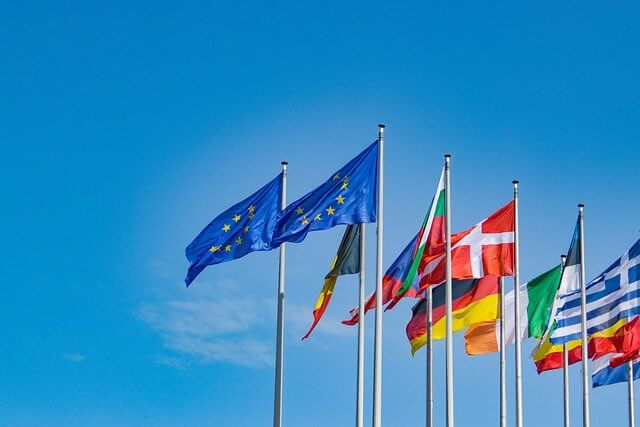March is upon us, and as the mercury rises, COVID cases are falling, both trends that many hope will be sustained as Croatia prepares for a supposed record-breaking summer tourist season. While some reports suggest low vaccine rates may impact turnouts this summer, the Croatian Tourism Association is expecting continued recovery as countries worldwide begin to loosen COVID restrictions for citizens and foreigners alike.
Currently, fully vaccinated travellers can enter Croatia with little hassle, only requiring proof of vaccination in the form of a nationally recognized vaccine pass, such as the EU Digital Covid Certificate. Additional testing options remain for those who are not yet vaccinated.
However, while Croatia’s facilitated entry scheme is likely contributing to the awakening of dormant holidaymakers, the withdrawal of pandemic era testing requirements by source countries is more probably the reason why reservation books are filling in towns from Pula to Makarska. Many countries where Croatia sources its highest numbers of tourists have reduced or removed reentry restrictions for vaccinated citizens who are eager to start enjoying their vacation days as they did before March 2020. Besides the European Union, Canada, the US, Australia, and the United Kingdom have removed either all testing requirements or now accept the cheaper and faster rapid antigen test for vaccinated homeward bound passengers. Testing requirements may be further reduced according to the local epidemiological situation, but prospective visitors will have to wait and see.
So, it appears that this year, the springtime sun is symbolic of more than just the return of migratory birds and dusty sweaters. As passport booklets bloom in unison with May flowers, we can all heave a sigh of relief and look forward to returning the status quo we enjoyed before the pandemic, right? Well, in the short term, yes. But looking further into the future, not exactly. But don’t panic, let me explain.
The nationals of many countries have enjoyed visa-free access to member states of the European Union and the European Economic Area. These are citizens from countries that are not EU members but through treaties and visa waiver agreements are permitted to visit for 90 days or less without visiting an embassy and applying for a visitor visa. Many travellers probably are unaware of their privileged status, never paying mind to the bureaucratic hurdles that many face when planning a European getaway. Nonetheless, Croatian vacation planning will soon require an additional step.
Although no official date has been announced, starting from the end of 2022, non-EU nationals will be required to apply for an electronic travel authorization called ETIAS when visiting the Schengen area. While the idea of using to virtual waiver may seem daunting, the process is quite simple, in most cases taking a maximum of 10 minutes to complete the form and receive approval. At a cost of €7, authorization will be required for travellers aged 18-70 with a validity of three years. Applicants must provide passport information and answer a series of security questions. The system then checks your information against Interpol and EU databases.
The decision to implement ETIAS was made by the European Commission as a strategy to improve security across European borders. In fact, similar electronic travel authorizations are already in use in Canada, Australia, and the United States and have been integrated well into each nation’s respective immigration scheme. It is important to note that those who possess multiple citizenships, including at least one EU/Schengen passport, will not be required to apply for ETIAS so long as they cross the Schengen border using their local travel document. It is also important to note that those who hold permanent residence in Croatia will also be exempt from this requirement. Fortunately for those who still have reservations, officials will provide a 6-month grace period that will allow passengers to adapt to the new system, streamlining the introduction of a process that many will still view as tedious and unfamiliar.
Some may have noticed that ETIAS applies only to Schengen members, a status that Croatia has yet to obtain. This observation is correct, but Croatia may still implement ETIAS upon its initial trial at the end of this year. After undergoing the most comprehensive evaluation for Schengen membership of any state so far, in December 2021, government officials from the 27 EU members agreed that Croatia meets all the conditions for implementing the Schengen acquis.
It remains somewhat unclear when Croatia will remove its border checks, becoming a functioning member of the Schengen area. But, if government predictions are accurate, we can expect a decision from the EU as early as June, with Croatian accession before New Year’s Eve.
Whatever the pace, the implementation of ETIAS in Croatia is inevitable and a factor that future travellers should be aware of far in advance of departure dates.
For more, check out our lifestyle section.









